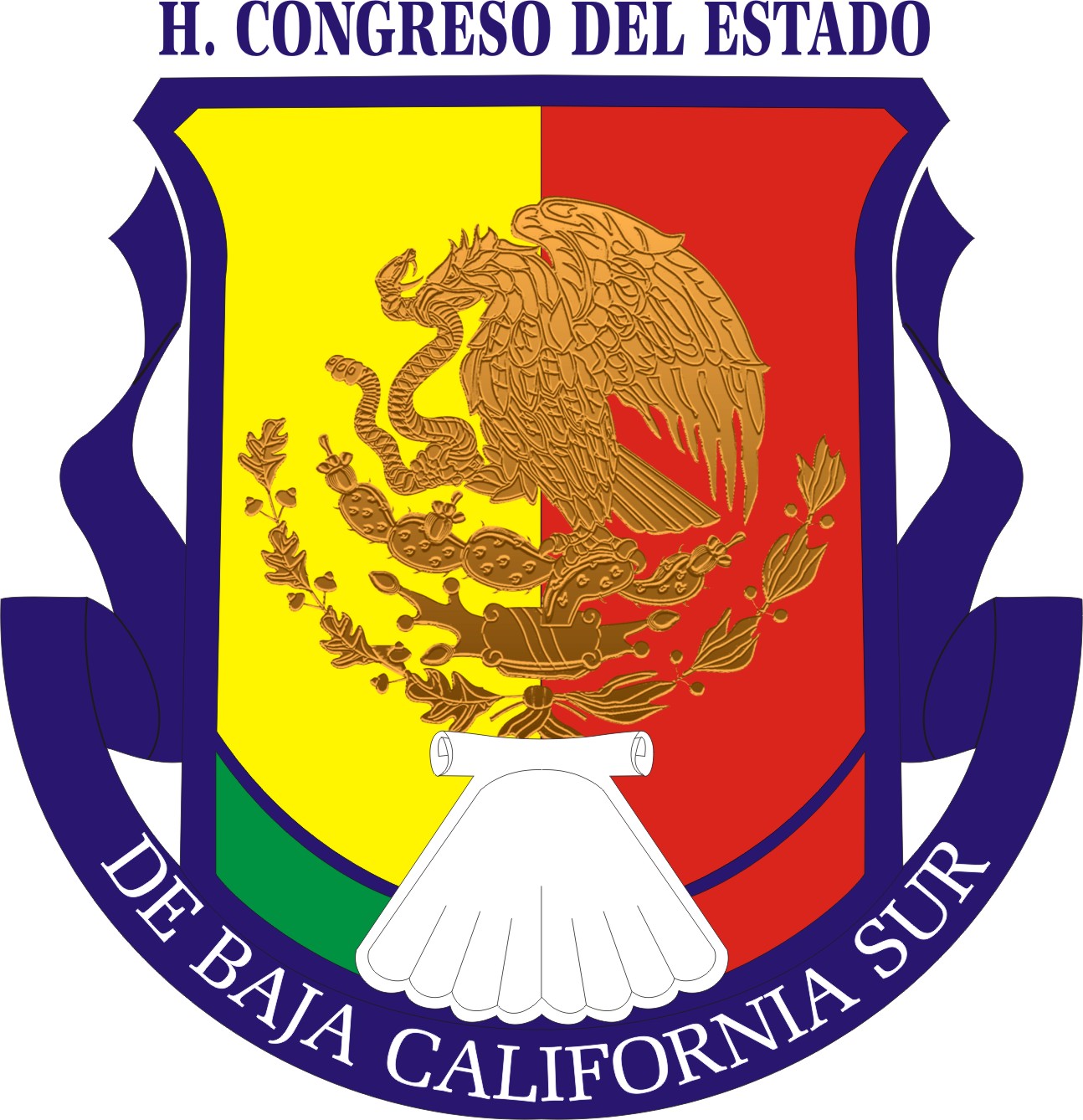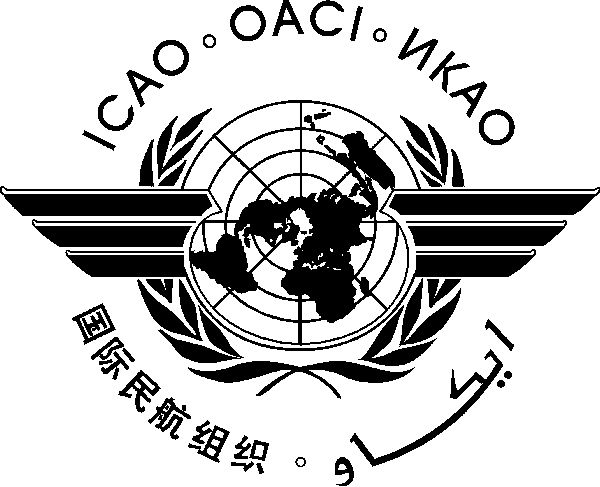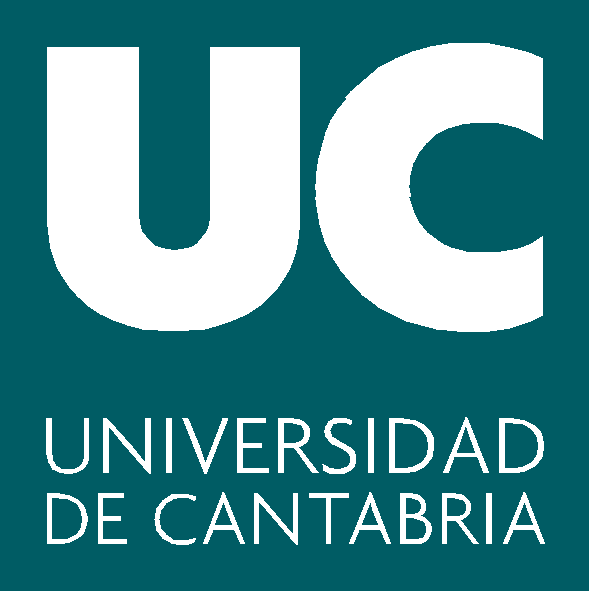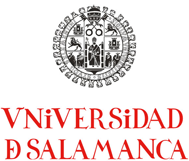the european register of specialists in clinical chemistry and laboratory medicine: code of conduct - version 2 – 2008 published in clin ch
The European Register of Specialists in Clinical Chemistry and
Laboratory Medicine: Code of Conduct - Version 2 – 2008
Published in Clin Chem Lab Med 2009;47(3):372-375
Janet McMurray1,*, Simone Zerah2, Michael Hallworth3, Ursula Koeller4,
Victor Blaton5, Kamen Tzatchev6, Charis Charilaou7, Jaroslav Racek8,
Anders Johnsen9, Karel Tomberg10, Aimo Harmoinen11, Hannsjörg Baum12,
Demetrios Rizos13, Janos Kappelmayer14, John O’Mullane15, Giuseppe
Nubile16, Silvija Pupure17, Zita Kucinskiene18, Matthias Opp19, Wim
Huisman20, Bogdan Solnica21, Henrique Reguengo22, Camelia Grigore23, Július
Špaňár24, Greta Štrakl25, Josep Queralto26, Hans Wallinder27, Peter
Schuff-Werner28
1. Association for Clinical Biochemistry, 130-132 Tooley Street,
London SE1 2TU, United Kingdom
2. Laboratoire ZTP, 7 rue Raymond Lefevbre, F-93170 Bagnolet, France
(SFBC France)
3. Clinical Biochemistry Department, Royal Shrewsbury Hospital, Mytton
Oak Road, Shrewsbury, United Kingdom
4. Institute of Medical Chemistry, Laboratory Diagnostics, Hospital of
Lainz, Vienna, Austria
5. Clinical Chemistry Department, AZ Sint Jan Hospital, Brugge,
Belgium
6. Clinical Laboratory and Clinical Immunology Department, Medical
University, Sofia, Bulgaria
7. Association of Clinical Directors, Biomedical Scientists and
Clinical Laboratory Scientists, Nicosia, Cyprus
8. Institute of Clinical Biochemistry and Haematology, Charles
University Hospital, Plzen, Czech Republic
9. Clinical Biochemistry Department, National University Hospital,
Copenhagen, Denmark
10. North Estonian Regional Hospital, Tallin, Estonia
11. Savonlinnan keskussairaala Laboratorio, Savonlinna, Finland
12. Institut für Laboratoriumsmedizin, Regionale Kliniken Holding
Neckar-Schwarzwald GmbH, Ludwigsburg, Germany
13. Hormone Laboratory, “Aretaieion” University Hospital, Athens,
Greece
14. Clinical Biochemistry and Molecular Pathology Department,
University of Debrecen, Hungary
15. Clinical Biochemistry Department, Cork University Hospital, Cork,
Ireland
16. Laboratorio Analisi, Ospedale G. Bernabeo di Ortona, Ortona, Italy
17. Clinical Hospital “Gailefers”, Riga, Latvia
18. Department of Physiology, Biochemistry and Laboratory Medicine,
Vilnius University, Vilnius, Lithuania
19. Laboratoire National de Santé, Luxembourg, Luxembourg
20. Clinical Laboratory, Medisch Centrum Haaglanden, The Hague, The
Netherlands
21. Clinical Biochemistry Department, Jegiellonien University Medical
College, Krakow, Poland
22. Sociedade Portuguesa de Quimica Clinica, Porto, Portugal
23. Laborator Spitalul Clinic de Pediatrie Sibiu, University Hospital,
Sibiu, Romania
24. Slovak Society of Clinical Biochemistry, Trnava, Slovakia
25. Laboratory Diagnostics Department, General Hospital Murska Sobota,
Murska Sobota, Slovenia
26. Servicio de Bioquimica, Hospital Santa Creu I San Pau, Barcelona,
Spain
27. Clinical Chemistry Department, Aleris Medilab, Taby, Sweden
28. Institut for Clinical Chemistry and Laboratory Medicine,
University of Rostock, Rostock, Germany
*Corresponding author: Janet McMurray, EC4 Register Commission, c/o
Association for Clinical Biochemistry, 130-132 Tooley Street, London
SE1 2TU, United Kingdom
Phone: +44-20-7403-8001 Fax: +44-20-7403-8006
Email: [email protected]
Abstract
In 1997, the European Communities Confederation of Clinical Chemistry
and Laboratory Medicine (EC4) set up a Register for European
Specialists in Clinical Chemistry and Laboratory Medicine. The
operation of the Register is undertaken by a Register Commission
(EC4RC). During the last 10 years more than 2000 specialists in
clinical chemistry and laboratory medicine have joined the Register.
In 2007 EC4 merged with the Federation of European Societies of
Clinical Chemistry and Laboratory Medicine (FESCC) to form the
European Federation of Clinical Chemistry and Laboratory Medicine
(EFCC). A Code of Conduct was adopted in 2003 and a revised and
updated version, taking account particularly of the guidelines of the
Conseil Européen des Professions Libérales (CEPLIS) of which EFCC is a
member, is presented in this article. The revised version was approved
by the EC4 Register Commission and by the EFCC Executive Board in
Paris on 6 November 2008.
Keywords: Clinical Chemistry and Laboratory Medicine; Code of Conduct;
European Register; registration
Introduction
Following the expansion of the European Union to 27 countries, and
thus the decreased geographical differences between the two
organisations, the European Communities Confederation of Clinical
Chemistry and Laboratory Medicine (EC4) merged with the Federation of
European Societies of Clinical Chemistry and Laboratory Medicine
(FESCC) in 2007 to form the European Federation of Clinical Chemistry
and Laboratory Medicine (EFCC). EFCC is now the European branch of
IFCC. EC4 remains as a sub-section of EFCC with responsibility for the
operation of the EC4 Register of Specialists in Clinical Chemistry and
Laboratory Medicine.
One of the primary goals of EC4 and EFCC is to stimulate the
professional development of the Specialist in Clinical Chemistry and
Laboratory Medicine and the maintenance of his* professional
activities at a very high level (1,2). To further this aim, in 1997
EC4 set up the European registration system, in which Specialists in
Clinical Chemistry and Laboratory Medicine of all countries affiliated
to EC4 can be registered (3-5). One of the conditions for registration
is that the Specialist in Clinical Chemistry and Laboratory Medicine
undertakes to comply with the EC4 Code of Conduct (5). This Code of
Conduct is additional to and does not replace any Code of Conduct to
which the registrant might be subject to in his own country.
The original Code of Conduct was adopted in 2003 (6) and this has now
been revised and updated taking account of general changes in the
field, and particularly of the statement on common values adopted in
2007 by CEPLIS (Conseil Européen des Professions Libérales, European
Council of the Liberal Professions) (7), of which EFCC is a member.
EC4/EFCC Code of Conduct
General principles
EFCC is the European professional organisation representing
Specialists in Clinical Chemistry and Laboratory Medicine, a
profession determined by its high level of professional
qualifications. The relevant national professional society in each of
the EU Member States is represented within EFCC.
In all their work, Specialists in Clinical Chemistry and Laboratory
Medicine shall conduct themselves in a manner that does not bring into
disrepute the discipline and the profession of Clinical Chemistry and
Laboratory Medicine. They shall value integrity, impartiality and
respect for persons and evidence and shall seek to establish the
highest standards of quality and ethics in their work. Because of
their concern for valid evidence, they shall ensure that research is
carried out in keeping with the highest standards of scientific
integrity. Taking account of their obligations under the law, they
shall hold the interest and welfare of patients and those in receipt
of their services to be paramount at all times and ensure that the
interests of participants in research are safeguarded.
All registrants, having signed an application form, agree to abide by
this Code of Conduct. They are also obliged to comply with the Codes
of Conduct of their appropriate national registration body and
national societies, where appropriate.
Key principles
1. Quality and excellence
The Specialist in Clinical Chemistry and Laboratory Medicine shall put
his* knowledge and ability concerning laboratory diagnostics
(including the indication for analyses, the reliability of the
results, the interpretation of results and scientific research) at the
service of diagnosis, therapy and prevention of human and animal
diseases. At all times he shall act in the best interests of patients,
subject to any over-riding legal requirements, with the highest
standards of competency and integrity.
2. Continuous professional development
In order to optimally fulfil his duties and in accordance with what is
regarded as good practice in his profession and having regard to the
laws of the country in which he is working, the Specialist in Clinical
Chemistry and Laboratory Medicine shall:
a. maintain and develop his competence at the highest level of quality
by following all relevant (scientific and practical) developments
concerning health care in general and Clinical Chemistry and
Laboratory Medicine in particular, by participating in relevant
training courses and other appropriate continuous professional
development programmes throughout his working life, and by practising
his profession on a regular basis;
b. accept assignments only within his area of competence; beyond this
limit, he will seek the collaboration of appropriate experts;
c. keep up-to-date with statutory codes of practice which affect his
work.
The Specialist in Clinical Chemistry and Laboratory Medicine will
display his commitment to the profession of Clinical Chemistry and
Laboratory Medicine by taking part in the activities of its scientific
societies, notably those which promote the profession, and contribute
to continuing training of their members.
3. Compliance with codes of ethics and conduct
The Specialist in Clinical Chemistry and Laboratory Medicine shall
comply not only with the provisions of this Code of Conduct but also
with legislation and with any codes of practice and standards relating
to his professional work which are applicable in the country in which
he is working.
4. Honesty and integrity
The professional integrity and intellectual honesty of the Specialist
in Clinical Chemistry and Laboratory Medicine shall be the guarantee
of his impartiality of analysis, judgment and consequent decisions.
The Specialist in Clinical Chemistry and Laboratory Medicine shall at
all times avoid deceit in professional and scientific respect, such as
fraud, plagiarism, concealment, improper omission of information, and
expressing incorrect or misleading opinions in both clinical work and
in research.
The Specialist in Clinical Chemistry and Laboratory Medicine will not
accept any obligation that brings him into conflict with his
professional independence. In particular he undertakes:
a. not to solicit for, or accept, gifts, pecuniary advantages or
benefits from the medical product or diagnostics industry, unless they
are of low monetary value and relevant to the practice of Clinical
Chemistry and Laboratory Medicine;
b. not to solicit for, or accept, hospitality at sales promotions,
symposia or congresses and the like unless this hospitality is
reasonable in level and secondary to the main purpose of the meeting
and does not extend to persons other than health professional;
c. not to accept financial support from the industry, directly or
indirectly, other than for events for purely professional and
scientific purposes; such gifts must always be reasonable in level and
remain subordinate to the main scientific objective of the event and
must not be extended to persons other than health professionals.
5. Relationship with others
The Specialist in Clinical Chemistry and Laboratory Medicine shall at
all times act with courtesy, honest and integrity in his relationships
with patients and others, including professional colleagues, and must
not engage in any activity or behaviour which would bring the
profession into disrepute or undermine public confidence in the
profession.
He must work constructively within a team, and communicate and
co-operate with other health professionals and others caring for
patients.
He must not abuse his professional position to establish improper
relationships with patients, to persuade patients to give or lend
money or benefits, to recommend treatments or investigations which are
not in the patient’s best interests, or to withhold investigations or
treatments.
He must report concerns to employers or regulatory bodies where he
believes a colleague’s health, conduct or performance is a threat to a
patient.
6. Independence and impartiality
The Specialist in Clinical Chemistry and Laboratory Medicine must
exercise his professional judgment within the framework of his
responsibilities impartially and objectively, after taking into
account all relevant circumstances, in the best interests of his
patient without pressure from external sources or conflicts of
interest. He will ensure that the interests of participants in
research are safeguarded and are paramount.
The Specialist in Clinical Chemistry and Laboratory Medicine will
serve the individual patient to the best of his ability and provide
the general public with such information, within in his field of
competence, to enable a proper understanding of health care matters of
public interest.
8. Confidentiality
Without prejudice to legislation on privacy applicable in the country
where he is working, the Specialist in Clinical Chemistry and
Laboratory Medicine will consider himself bound to respect the
confidentiality of information obtained by him in his professional
work. The Specialist in Clinical Chemistry and Laboratory Medicine
will be on his guard against misuse of such information. He will
ensure that information about a patient or other individual is not
disclosed to others except in specified circumstances, such as to
other health professionals involved in the care of the patient, and,
where possible, with the informed consent of the patient.
9. Conflict with moral and ethical beliefs
The Specialist in Clinical Chemistry and Laboratory Medicine is not
obliged to offer to provide a professional service in ways which
conflict with his own moral or religious beliefs, but must respect the
moral, religious and cultural beliefs of individual patients. He has
an obligation to provide information on where the service requested
can most conveniently be obtained from a professional colleague, or
details of the institution or professional organisation from which
that information can be obtained. If he has agreed to provide a
service, he must set aside any personal religious, cultural,
philosophical or other convictions. He must ensure equitable access to
his services to all who are entitled to use them.
10. Delegation and supervision
. As head and/or member of the team operating in the Clinical
Chemistry and Laboratory Medicine laboratory, the Specialist in
Clinical Chemistry and Laboratory Medicine will, given the specific
circumstances of the situation concerned:
a. obtain a clear definition of the services required of him and/or
his team;
b. ensure that all activities in the laboratory are organised and
executed as accurately and as quickly as possible;
c. protect the safety and well-being of his colleagues and be
conscious of nature and the environment;
d. show respect for superiors, colleagues and subordinates by taking
due account of their requirements and aspirations, provided they
conform to the laws and ethics of their profession;
e. strive for a high level of technical achievement which will also
contribute to and promote a healthy and agreeable environment for his
colleagues;
f. ensure that any member of support staff to whom a task is delegated
has the knowledge, skills and competencies necessary to undertake that
task effectively and efficiently, and that appropriate supervision is
in place;
g. retain responsibility for the task delegated, except when the
delegatee is at the same level of professional qualification.
11. Professional indemnity insurance
The Specialist in Clinical Chemistry and Laboratory Medicine should
have in place a form of insurance in respect of potential liabilities
to patients and, where applicable, to third parties arising out of his
professional work. This should be at a level sufficient to ensure that
a justified complainant would be adequately compensated. Such
insurance may be provided through a national arrangement for services
provided by the state, by an employer, through membership of a
professional association or by the individual practitioner.
Exceptionally, and by formal prior arrangement, the risk may be borne
by the recipient of the service, in Member States where legislation
permits such an arrangement. The patient should be made aware of these
arrangements.
12. Advertising
Specialists in Clinical Chemistry and Laboratory Medicine practise in
both the public and private health sectors and the relative
distribution between the two varies considerably between the Member
States. In Member States where advertising of a Specialist’s services
is permitted, any such advertising must be accurate, honest, legal,
decent and proportionate, and must focus solely on the professional
services offered. It must also conform to any national or EU
legislation and guidelines in this area.
Sanctions
Should a Specialist in Clinical Chemistry and Laboratory Medicine not
keep to a part of this Code of Conduct, his national regulatory body
(where applicable) and his national society will be responsible for
determining culpability and sanctions. However, if a registrant is
subject to disciplinary sanction (eg. suspension, removal) from their
national register, EC4 will apply the same sanction to the individual
in relation to the EC4 Register.
Transparency
The national professional societies are listed, with links, on the EC4
Register website (8) where there are also links to this Code of
Conduct and other documents. There are also links to the documents
from the website of the European Economic and Social Committee/Single
Market Observatory Self- and Co-regulation Database (9). Public access
to the names held by the national regulatory bodies is available in
some countries. At present public access to the names of registrants
on the EC4 Register is not available but may be in the future. However
this will require consent from each individual.
*Throughout this document he/his are taken for he/she and his/her
respectively
References
1. Sanders GTB, Kelly AM, Breuer J, Mocarelli P. The role of European
Communities Confederation of Clinical Chemistry (EC4) in the
harmonisation of clinical chemistry in the European Union (letter).
Eur J Clin Chem Biochem 1996; 33: 947-948.
2. Sanders GTB, Jansen RT, Beastall G, Gurr E, Kenny D, Kohse KP et
al. Recent activities of EC4 in the harmonisation of clinical
chemistry in the European Union. Clin Chem Lab Med 1999; 37: 477-480.
3. Sanders GT, Kelly AM, Breuer J, Mocarelli P, Sachs C. The European
Register for clinical chemists. Eur J Clin Chem Biochem 1997;
35:795-796.
4. Sanders GT, Kelly AM, Breuer J, Kohse KP, Mocarelli P, Sachs C.
European Communities Confederation of Clinical Chemistry Guide to the
EC4 Register: European Clinical Chemist. Eur J Clin Chem Biochem 1997;
35: 797-803.
5. Gurr E, Koeller U, Blaton V, Lund E, Harmoinen A, Zerah S et al.
The European Register for Specialists in Clinical Chemistry and
Laboratory Medicine: Guide to the Register Version 2-2003 and
Procedure for Re-registration. Clin Chem Lab Med 2003; 41: 238-247.
6. Sanders G, Opp M, McMurray J, Koeller U, Blaton V, Lund E et al.
The European Register for Specialists in Clinical Chemistry and
Laboratory Medicine: Code of Conduct. Clin Chem Lab Med 2004; 42:
563-565.
7. Conseil Européen des Professions Libérales. Common Values of the
Liberal Professions in the European Union; 2007. http://www.ceplis.org
8. EC4 Register. http://www.ec4register.eu
9. European Economic and Social Committee, Single Market Observatory
Self- and Co-regulation Database.
http://www.eesc.europa.eu/self-and-coregulation/index.asp
5
 ACORD PACIENT PERIOADA TRATAMENT SUBSEMNATUL(A)
ACORD PACIENT PERIOADA TRATAMENT SUBSEMNATUL(A)  L EY DE RESPONSABILIDAD PATRIMINIAL PARA EL ESTADO Y
L EY DE RESPONSABILIDAD PATRIMINIAL PARA EL ESTADO Y BACKGROUND AND BASIS FOR CONCLUSIONS IMMEDIATE FAMILY MEMBER
BACKGROUND AND BASIS FOR CONCLUSIONS IMMEDIATE FAMILY MEMBER  RECOMENDACIONES GENERALES PARA PEREGRINOS DE LA JORNADA MUNDIAL DE
RECOMENDACIONES GENERALES PARA PEREGRINOS DE LA JORNADA MUNDIAL DE ESTIMADOS AMIGOS EL PRÓXIMO DÍA 2 DE FEBRERO CELEBRAMOS
ESTIMADOS AMIGOS EL PRÓXIMO DÍA 2 DE FEBRERO CELEBRAMOS 3 ACPWGW01IPXX INTERNATIONAL CIVIL AVIATION ORGANIZATION INFORMATION PAPER ACPWGW29IP08
3 ACPWGW01IPXX INTERNATIONAL CIVIL AVIATION ORGANIZATION INFORMATION PAPER ACPWGW29IP08 PRESS RELEASE DON’T FORGET THE SPEED STICKER FOR WINTER
PRESS RELEASE DON’T FORGET THE SPEED STICKER FOR WINTER 8 ASSORBIMENTO DEI TAGLI E DEGLI ACCANTONAMENTI APPORTATI DALLA
8 ASSORBIMENTO DEI TAGLI E DEGLI ACCANTONAMENTI APPORTATI DALLA FICHE DE RENSEIGNEMENTS DEMANDE D’EXPERTISE DU NIVEAU SONORE DE
FICHE DE RENSEIGNEMENTS DEMANDE D’EXPERTISE DU NIVEAU SONORE DE FACULTAD DE CIENCIAS ACTA DE LA REUNIÓN DEL TRIBUNAL
FACULTAD DE CIENCIAS ACTA DE LA REUNIÓN DEL TRIBUNAL FUNDACIÓN DOCTOR MORAZA SERVICIO DE ASUNTOS ECONÓMICOS SECCIÓN DE
FUNDACIÓN DOCTOR MORAZA SERVICIO DE ASUNTOS ECONÓMICOS SECCIÓN DE